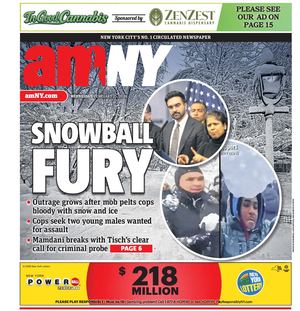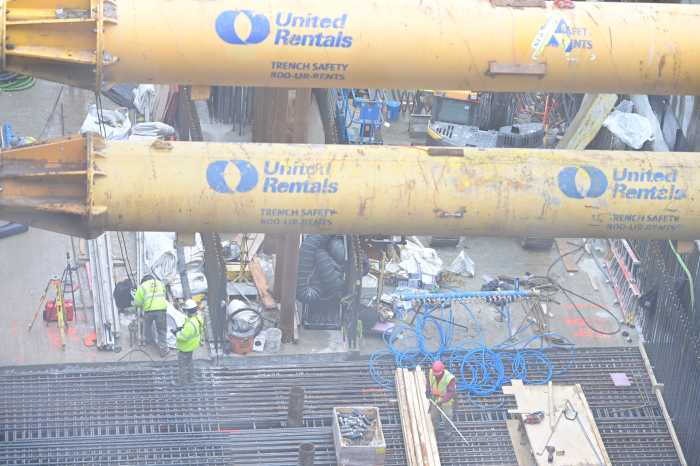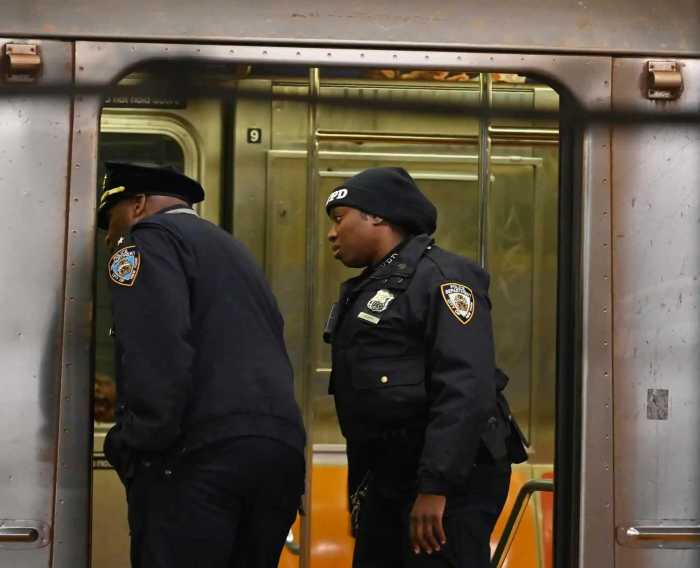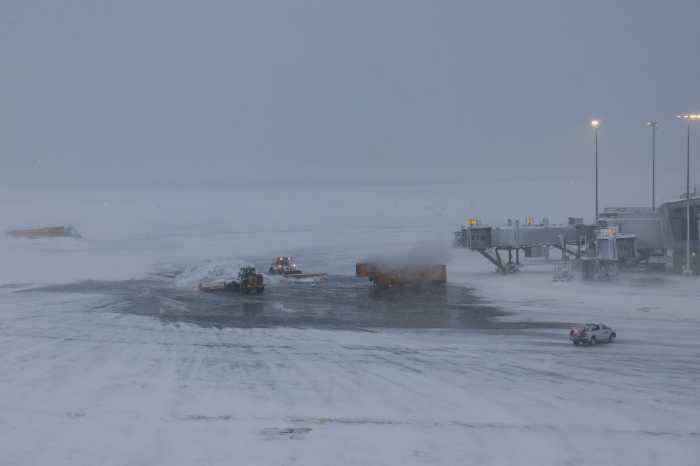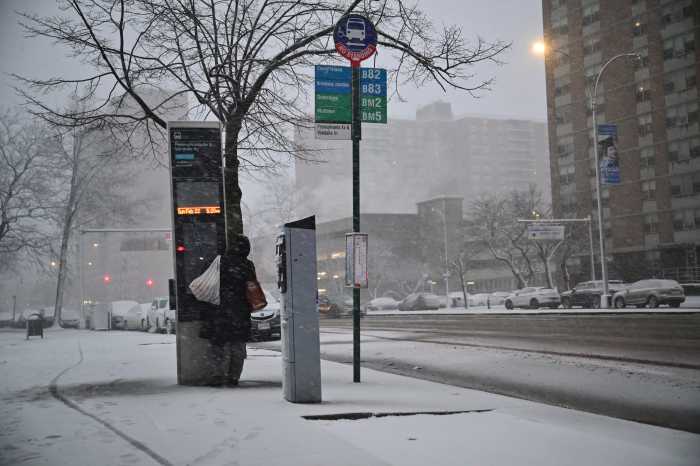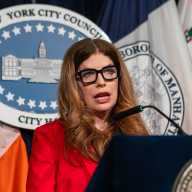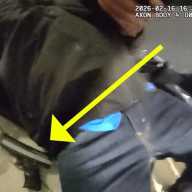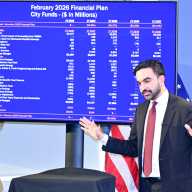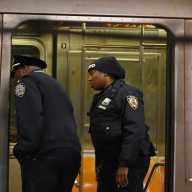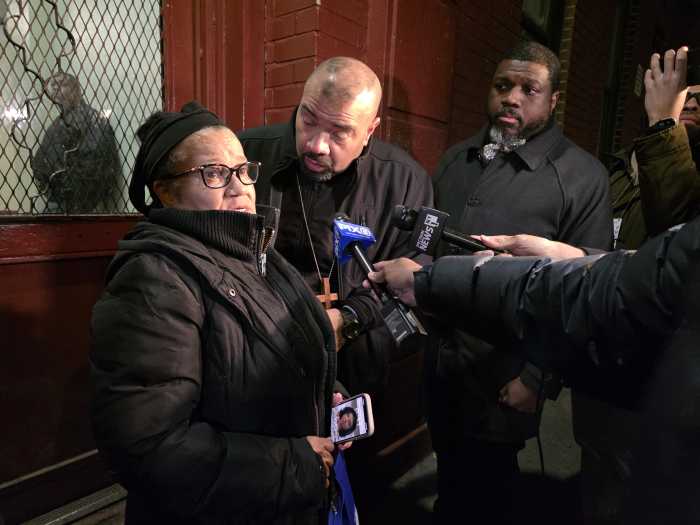A plan to build a two-track tunnel under the Hudson River linking New York to New Jersey will cost roughly $13 billion, according to a statement from the Federal Railroad Administration released Thursday, but it remains unclear where those funds will come from.
The draft statement on the project’s environmental impact estimates that the cost of the tunnel project will come to $12.9 billion and work would conclude in 2030.
Part of the Gateway Program, the Hudson Tunnel Project would add a two-track tunnel to the Northeast Corridor running beneath the Hudson River from New York to New Jersey, as well as make significant upgrades to the existing North River Tunnel.
The construction of the tunnel is the most urgent infrastructure project in the country, John Porcari, interim executive director of the Gateway Program Development Corporation, said at a Thursday news conference. The hope is it will be finished by 2026.
The project would have minor environmental effects on species in the Hudson River such as finfish but none that outweigh the cost of what is at stake, Porcari said.
“We believe those environmental impacts, given the public benefits and the ability to mitigate those impacts, are minimal,” Porcari said. “By being able to keep people on trains, there’s net environmental benefits from less automobile use and less crowding on other parts of the regional transportation system.”
He added that the group anticipates starting early construction work on the Portal North Bridge component over the Hackensack River this summer, but that full construction won’t begin until federal funding is secured.
The Northeast Corridor is a linchpin of the U.S. economy, but the century-old two-track section running from Newark to New York City has been rapidly deteriorating and has seen increasing overcrowding.
As progress inches forward in a race against the clock, funding for the project is still a question mark. President Donald Trump’s proposed federal budget would significantly cut into money that Porcari said is critical for the project.
The situation grew even murkier on Monday, as the U.S. Department of Transportation withdrew from the Gateway Program Development Corporation, the group tasked with securing funding for the project.
Officials have stressed urgency and are considering a public-private partnership in the event that the federal government opts not to back the project.
“We are confident that the Trump Administration understands that this is a project of national significance and intends to partner with us in ensuring its timely completion,” said Kathryn Wylde, the president and CEO of Partnership for New York City.
A final draft environmental impact statement is expected to come in March 2018.
